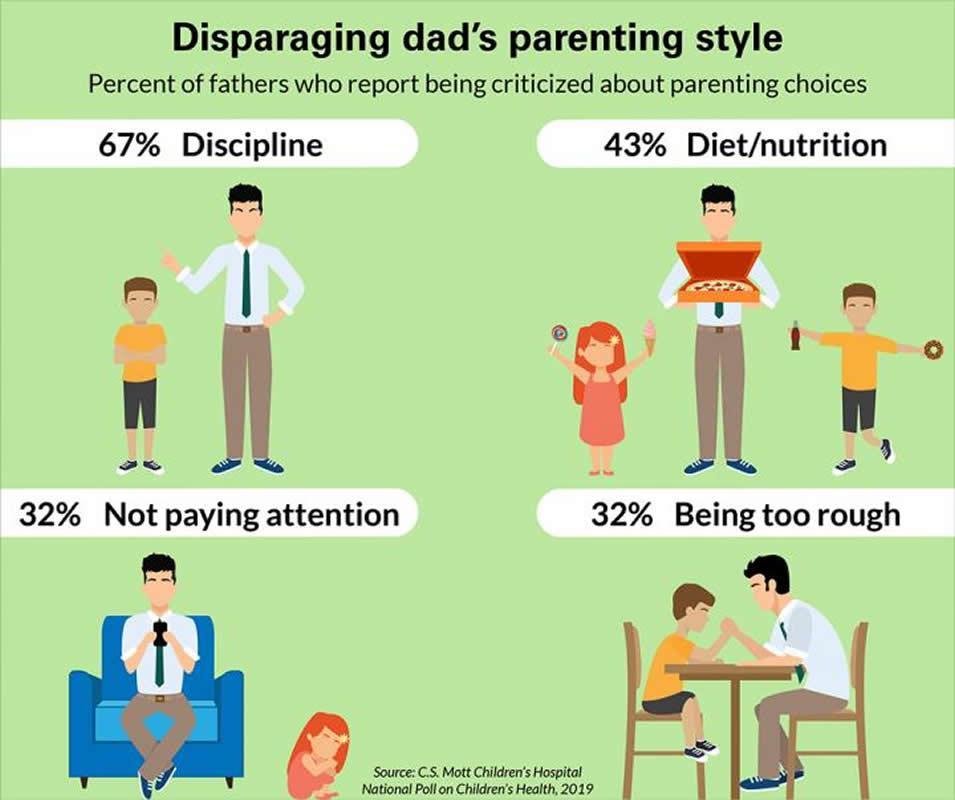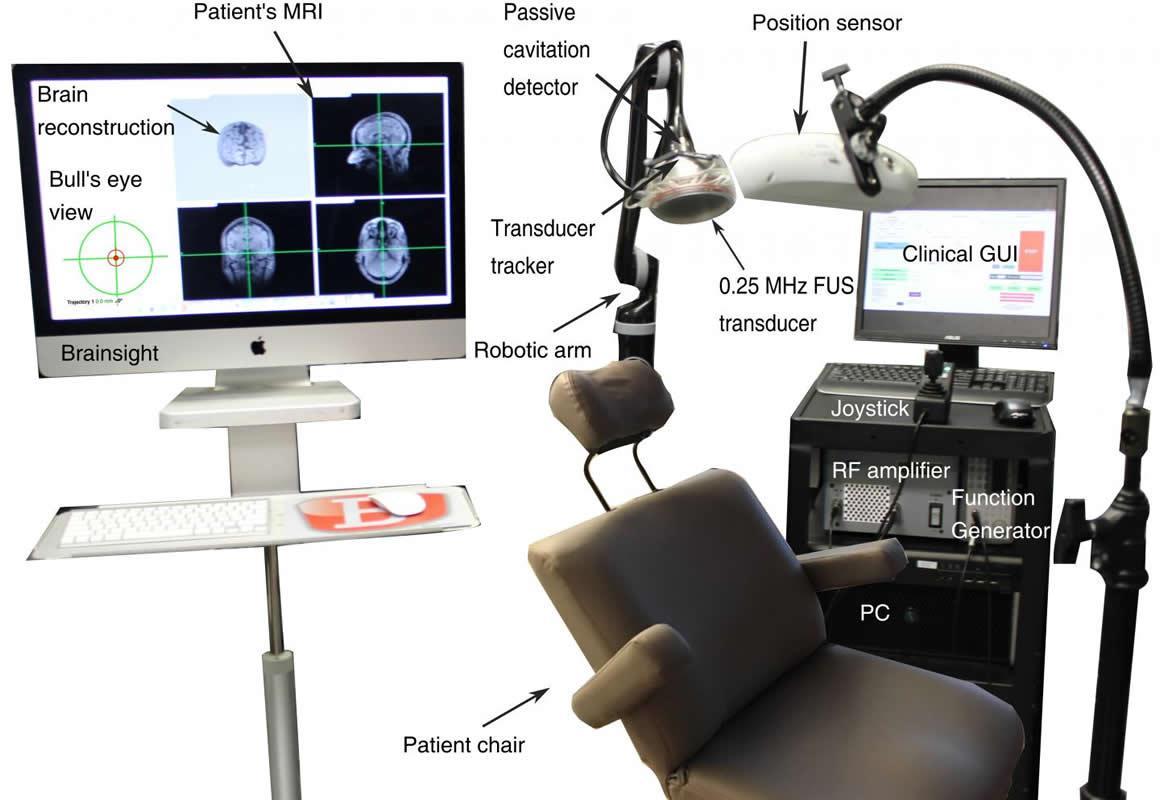The typical individual eats many more calories than they did 50 years back– comparable to an additional fast-food hamburger meal every day– which is having ravaging outcomes for our brains and waistlines, an ANU health expert cautions. Professor Nicolas Cherbuin, the lead author of new research released in Frontiers in Neuroendocrinology, said brain health can decrease much previously in life than previously thought due, in large part, to a society that promotes unhealthy lifestyle choices. ” People are gnawing at their brain with a truly bad fast-food diet and little-to-no…
Read MoreCategory: Brain
Daddy shaming happens too
One present some fathers might desire for Father’s Day: not being judged for their parenting style. About half of dads in a brand-new nationwide survey state they have dealt with criticism and second-guessing about their parenting choices on everything from what they feed their kids to how they have fun with them. And while numerous daddies say they react to criticism in a positive method, such as making a modification to some aspect of their parenting (49 percent) or looking for more info on the topic (40 percent), others had…
Read MoreOverdose, Suicide Among Leading Reasons for Postpartum Maternal Deaths
Overdoses and suicides were amongst the most typical factors for mothers dying within a year of delivering in California, according to a brand-new study published this week. Psychiatric public health Professor Sidra Goldman-Mellor, a public health scientist with the School of Social Sciences, Humanities and Arts and the Health Sciences Research Institute, and her associate, Professor Claire Margerison, a perinatal epidemiologist at Michigan State University, studied more than 1 million California hospital records from 2010 to 2012 to examine the most typical causes of post-partum death. The study was funded…
Read More12 genes at the root of multiple sclerosis identified
An international team of researchers led by the University of British Columbia has made a scientific advance they hope will lead to the development of preventative treatments for multiple sclerosis (MS). In a study published today in PLOS Genetics, researchers found mutations in 12 genes believed to be largely responsible for the onset of MS in families with multiple members diagnosed with the disease. “These genes are like a lighthouse illuminating where the root cause of MS is,” said lead author Carles Vilariño-Güell, assistant professor in the UBC faculty of medicine’s…
Read MoreUltrasound method restores dopaminergic pathway in brain at Parkinson’s early stages
While there are several thousand drugs available to treat a wide range of brain diseases, from depression to schizophrenia, they cannot penetrate the blood-brain barrier (BBB) into the brain. The BBB, which protects the brain from pathogens that may be present in blood, also prevents most drugs from gaining access to the brain functional tissue, the parenchyma, a well-known challenge to the treatment of all brain diseases including neurodegenerative disorders like Parkinson’s disease and Alzheimer’s. A team led by Elisa Konofagou, Robert and Margaret Hariri Professor of Biomedical Engineering and…
Read More




